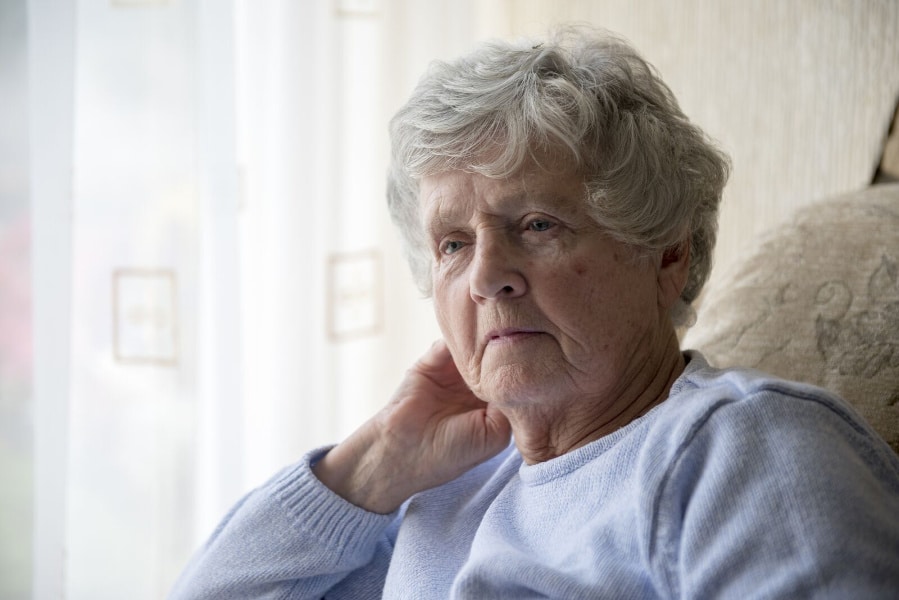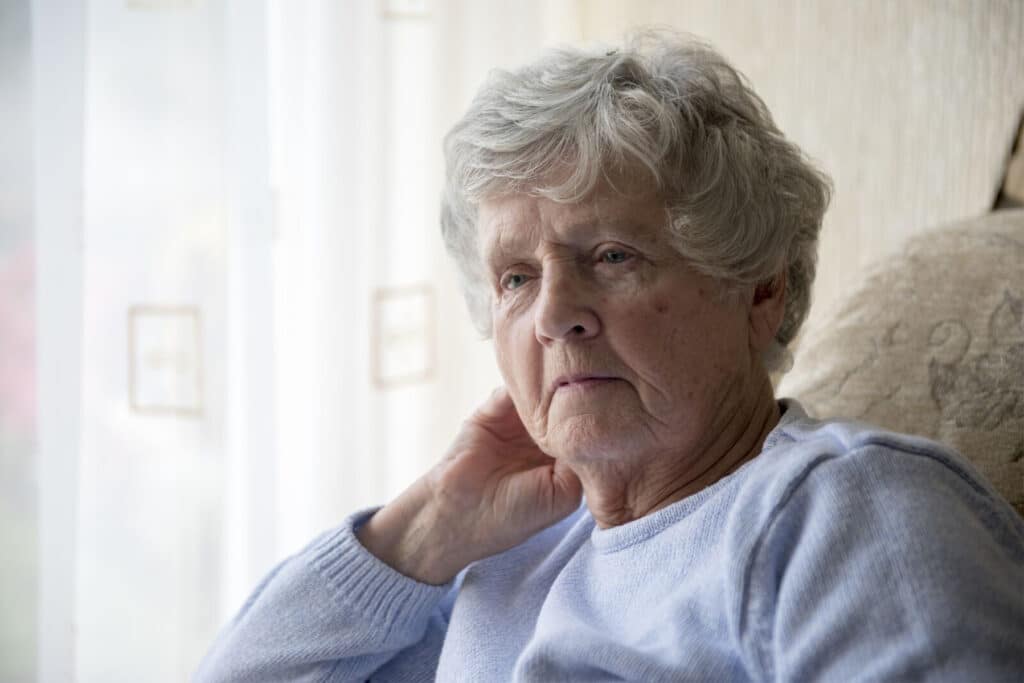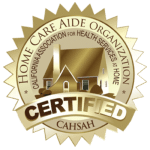If you are the caregiver to a parent suffering from Alzheimer’s or dementia, you are probably starting to anticipate the added stress of seasonal sundowning.

What Is Sundowning?
Sundowning is the heightened manifestation of normal symptoms associated with Alzheimer’s and dementia, such as:
- Agitation
- Confusion
- Loss of memory
But with sundowning, these common symptoms become exaggerated and more intense, which can cause additional symptoms that can be particularly stressful on the caregiver, as well as the elderly loved one suffering through it. Heightened symptoms that commonly occur when sundowning is taking effect include:
- Pacing
- Wandering
- Anxiety
- Hallucinations
- Disorientation
- Paranoia
- Hostility
Sundowning can occur at any time of the year, but it commonly occurs in the fall and winter months. Symptoms typically present around late afternoon, worsen through the early evening, and then improve by morning. When this cycle becomes routine, it can make for some long, sleepless nights for the caregivers of loved ones suffering from Alzheimer’s or dementia.
What Causes Sundowning?
It is unknown exactly what causes these heightened behaviors and why they commonly occur at the same time each day. But many experts feel that sundowning is associated with a disruption in the natural sleep cycle—what you might refer to as your “internal clock.” Other possible factors that may contribute to, or resemble, the onset of sundowning include:
- Sleep apnea
- Urinary tract infection
- Vitamin deficiencies
If your elderly loved one is demonstrating symptoms at the same time each day, consult a doctor to determine if the symptoms are associated with dementia or if there is an underlying physical cause that needs to be treated.
Five Suggestions for Caregivers Dealing with Sundowning
Experts at the Mayo Clinic offer several things caregivers can do to try to minimize the effect of sundowning.
1. Adhere to predictable routines for daily activities, such as:
- Waking up in the morning
- Exercising
- Eating meals
- Going to bed at night
2. Encourage activities during the day to facilitate sleeping at night
- Do activities during the day for exposure to sunlight
- Avoid napping during the day, which minimizes exposure to sunlight and interrupts the natural sleep cycle
- Have the heaviest meal early in the day
3. Avoid foods and drinks that can keep you up at night, such as:
- Alcohol
- Caffeinated drinks
- Sugary snacks
4. Keep the surroundings familiar to avoid disorientation and anxiety
- Use full-spectrum fluorescent lighting
- Use a nightlight
- Keep familiar pictures accessible
- Bring recognizable items when traveling to unfamiliar surroundings
5. Maintain a natural sleep cycle by promoting sleepiness at night
- Maintain calmness and peacefulness around bedtime
- Avoid stimulating activities at night
- Avoid television viewing at bedtime
If you need assistance caring for an elderly loved one who suffers from Alzheimer’s or Dementia and who is starting to demonstrate symptoms of seasonal sundowning, contact your home care provider to learn what else you can do and to make arrangements for assistance.
If you or an aging loved-one are considering hiring a Caregiver in Newport Beach, CA, please contact the caring staff at Canaan Home Care today!
1-844-CANAAN-1 (1-844-226-2261)
Sources:
Alzheimers.net
Mayoclinic.org
- Follow These Four Steps and Create a Respite Plan - December 18, 2020
- End of the Year Holidays Can Cause Aging Veterans to Feel Lonely, but What About Home Care? - December 11, 2020
- Is Your Senior Battling Edema in Her Legs? - December 3, 2020





